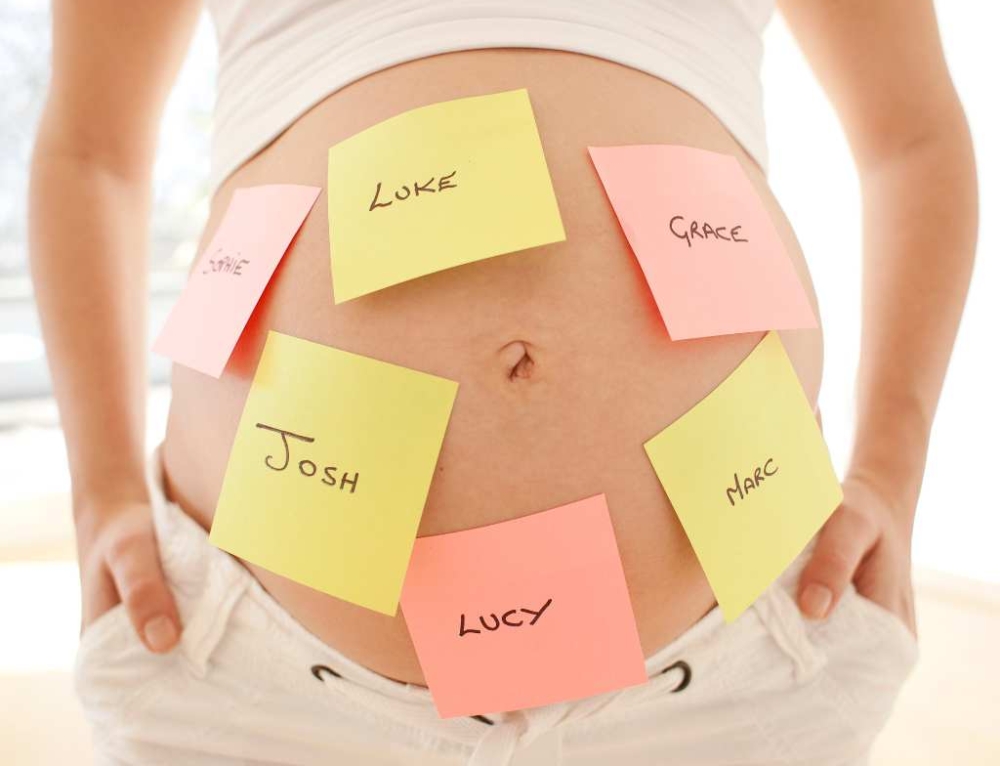‘Miscarriage’ and ‘stillborn’ are medical terms to explain different time periods. The level of grief surrounding losing a baby, however, can not be governed by the dates on a calendar.
In June 2016, celebrity chef Gordon Ramsay, shared a heartbreaking post on social media, relaying the sad news that his wife, Tana, had miscarried their son at five months. The choice of terminology caught my eye. In New Zealand, a miscarriage is when a baby dies before 20 weeks gestation and a stillbirth is after the 20 week mark (or if the baby weighs 400g or more). The medical definition does however differ from country to country and the World Health Organisation defines a stillbirth as being after 28 weeks gestation.
Miscarriage and Stillbirth
I know the pain that Gordon and Tana Ramsay will be feeling all too well, as do many others. My daughter was ‘born sleeping’ at 20 weeks and three days. I never referred to her birth as a miscarriage. I always say that she was born premature and passed away. At the time, as a first-time mum, it felt that if I referred to her impromptu entrance into this world as a miscarriage that I would be downplaying the grief that myself and my partner felt. After all, so many women have miscarriages. But this, to me, was different. I gave birth to a baby girl. I held her in my arms. I have photos and handprints and footprints. She had a name. She was alive in this world, if only fleetingly.
But the difference between a miscarriage and a stillbirth is nothing more than dates on a calendar. With hindsight I realise that it doesn’t matter what terminology is used. It isn’t fair to think that my daughter’s passing is any harder, any more grief-filled, any more emotional than another mother’s baby who just happens to not be as far along in her gestation as I was. Really, there isn’t a magical day in your pregnancy when you suddenly love your unborn child and everything before that was just medical hoohaa which doesn’t warrant the same level of grief.
Losing a baby is beyond words. It’s your heart being ripped out of your chest and stomped on. It’s a level of grief that is hard to imagine unless you have been through it and, oh so sadly, too many of us have. Whatever we call it, it is heartbreaking.
The facts and figures
It is estimated that one in every four women will suffer a miscarriage. The exact figures are hard to calculate as many women will miscarry before they even know that they are pregnant. Once diagnosis of the pregnancy has occured, the estimated rate of miscarriage is 20 to 25 percent. Miscarriage is most likely to occur in the first 12 weeks of pregnancy, with the chances of a miscarriage occuring drastically declining the closer the pregnancy gets to the end of that first trimester.
In New Zealand in 2014 there were reportedly 656 deaths of babies aged from 20 weeks gestation to less than 28 days old (or weighing at least 400g if gestation was unknown). The rate of stillbirths worldwide has declined by almost 20% in the last 15 years or so.
Have you experienced a miscarriage or stillbirth?
This blog was written by Julie Scanlon, Editor for Kidspot NZ.
Sources include Health, Quality & Safety Commission New Zealand, Health Navigator New Zealand and World Health Organisation.







Leave A Comment
You must be logged in to post a comment.